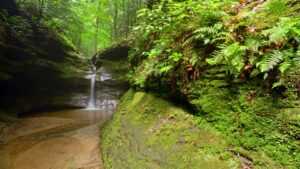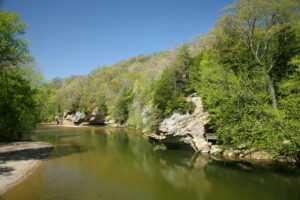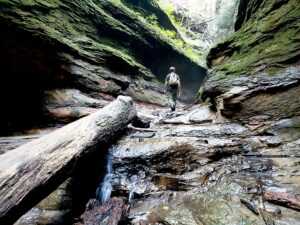Nestled in the heart of Indiana, Turkey Run State Park not only stands as a haven for outdoor enthusiasts but also serves as a shining example of environmental stewardship. With a deep commitment to preserving its natural treasures, the park has implemented various initiatives and forged partnerships to ensure the sustainable coexistence of nature and recreation. This article sheds light on Turkey Run’s dedicated efforts towards environmental conservation and the adoption of sustainable practices.
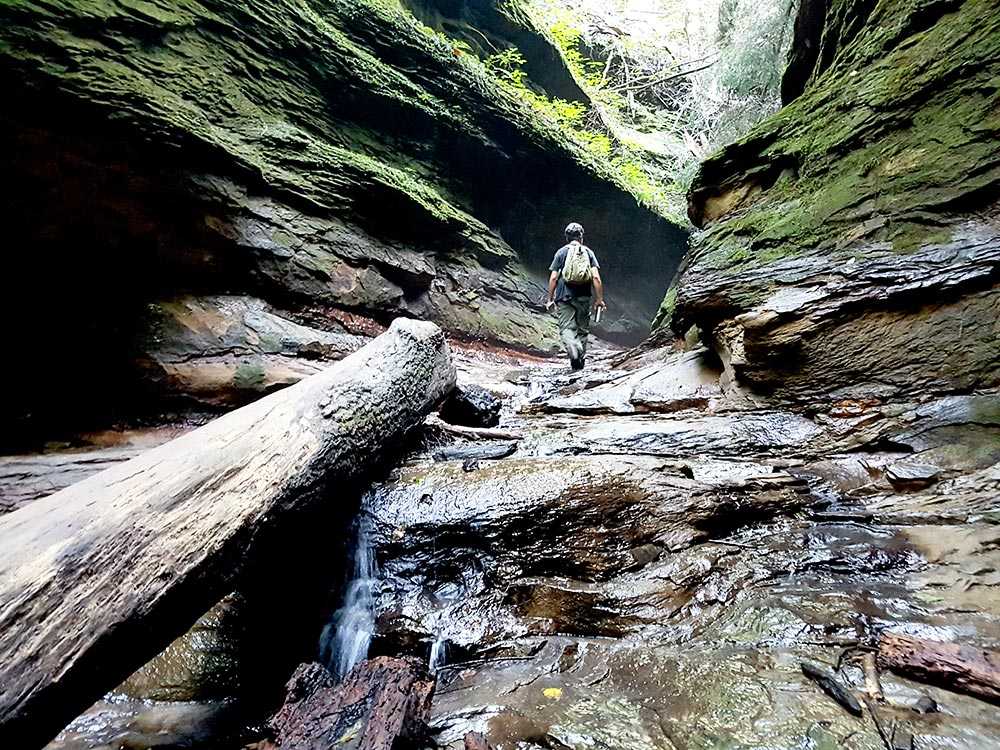
Preserving Biodiversity:
Turkey Run State Park takes pride in its rich biodiversity, comprising diverse flora and fauna. To safeguard this natural wealth, the park engages in habitat restoration projects, ensuring the conservation of native plant species and the protection of vital ecosystems. Dedicated teams work to remove invasive species, promoting the resurgence of indigenous plants crucial for maintaining a balanced and healthy environment.
Trail Conservation and Erosion Control:
The extensive trail system within Turkey Run is carefully designed to minimize its impact on the environment. Regular maintenance and conservation efforts focus on erosion control measures, preventing soil degradation and preserving the integrity of the park’s landscapes. Sustainable trail construction practices, such as the use of porous materials and elevated walkways in sensitive areas, contribute to the protection of natural habitats.
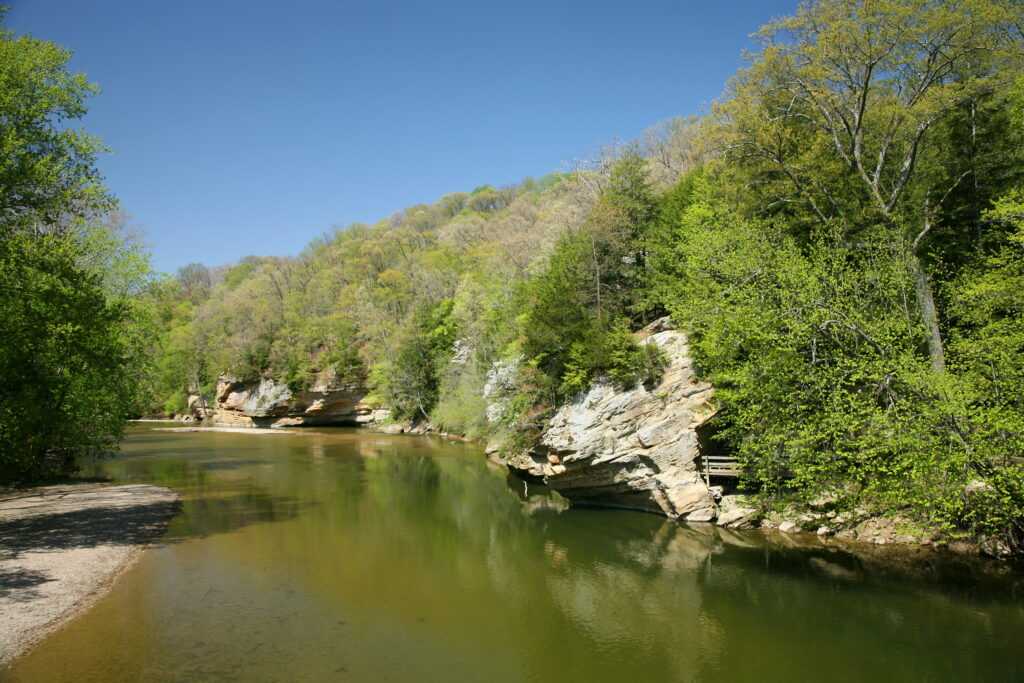
Water Quality Management:
The health of waterways, including the iconic Sugar Creek, is of paramount importance to Turkey Run State Park. Ongoing water quality management programs monitor and address potential issues, ensuring that the aquatic ecosystems remain pristine. The park collaborates with local environmental agencies to conduct regular water quality tests, identifying and mitigating any factors that may jeopardize the well-being of the water sources.
Energy Conservation and Sustainable Infrastructure:
Turkey Run embraces sustainable practices in its day-to-day operations, focusing on energy conservation and eco-friendly infrastructure. The park employs energy-efficient technologies, such as solar-powered lighting and facilities designed with sustainability in mind. By reducing its carbon footprint, Turkey Run aims to be a model for other parks and outdoor spaces looking to prioritize environmental responsibility.
Community Engagement and Education:
The park actively engages with the community, fostering an understanding of the importance of environmental conservation. Educational programs, workshops, and guided nature walks provide visitors with insights into the delicate balance between recreation and preservation. Turkey Run collaborates with schools, local organizations, and environmental agencies to instill a sense of responsibility and appreciation for nature among future generations.
Partnerships with Environmental Organizations:
Recognizing the need for collective action, Turkey Run State Park forms partnerships with environmental organizations and conservation groups. These alliances aim to amplify the impact of conservation efforts, leverage expertise, and secure additional resources for large-scale projects. Whether it’s tree planting initiatives, wildlife monitoring programs, or collaborative research projects, these partnerships play a vital role in the park’s commitment to environmental sustainability.
Conclusion:
Turkey Run State Park stands as a beacon of environmental conservation, demonstrating that the pursuit of outdoor recreation can coexist harmoniously with the protection of natural treasures. Through ongoing projects, sustainable practices, and collaborative efforts with environmental organizations, the park showcases a steadfast commitment to preserving the beauty and diversity of its ecosystems. As visitors explore the trails, admire the landscapes, and immerse themselves in the park’s wonders, they become a part of a broader mission to protect and cherish the environment for generations to come.

